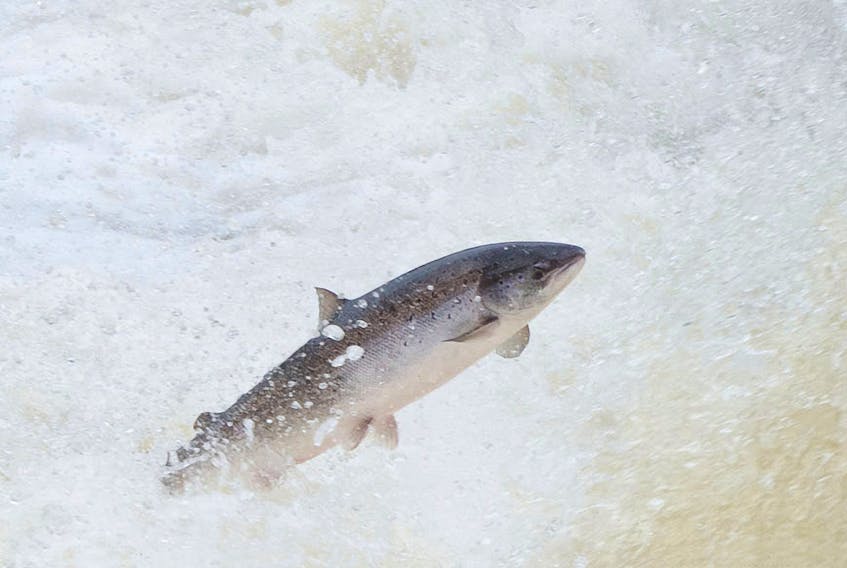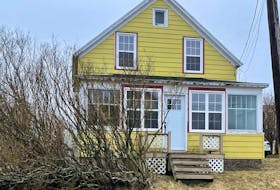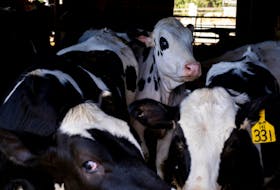The provincial rolled out its 2018 salmon strategy today in Deer Lake.
The plan includes a drop in the resident salmon licence fees from $23 to $5 which is designed to compensate vendors in what is expected to be a low season angler wise on the rivers.
Salmon anglers saw their retention quota reduced to one fish for the season once the Department of Fisheries and Oceans brought down its late management plan, which drew the ire of anglers. That is expected to be review at mid-season.
Vendors will be able to keep the full amount of the licence fees minus the remittance of HST.
Non-resident licences are still expected to cost $80 plus the new vendor fee.
“We encourage all anglers to continue to take to our rivers and renew their connection with the valuable resource they love. Now more than ever, we need a strong and sustained presence on our rivers by anglers who are connected to wild salmon like no one else and are fighting for their protection,” said Newfoundland and Labrador Premier Dwight Ball in a release Friday.
While DFO imposed a catch-and-release limit of three fish per day for all provincial rivers, the Department of Fisheries and Land Resources will formulate its own regulations under the Wildlife Act that will give the minister authority to establish its own plan.
That plan could include catch-and-release annual and in-season quotas, suspend or cancel licences and enable scientific research.
There are also plans to conduct study into catch-and-release and its impact on salmon mortality with focus on Newfoundland and Labrador.
It will be a two-year endeavour that will track salmon caught and released in several rivers across the province. The fish will be tagged this summer, as well as in 2019, and tracked for a year.
The study announced today will help determine the impact of catch-and-release angling on salmon mortality and establish the best approach,” said Department of Fisheries and Land Resources minister Gerry Byrne. “We must work to ensure this resource is managed based on true science, and that it upholds anglers’ established values of conservation.”









